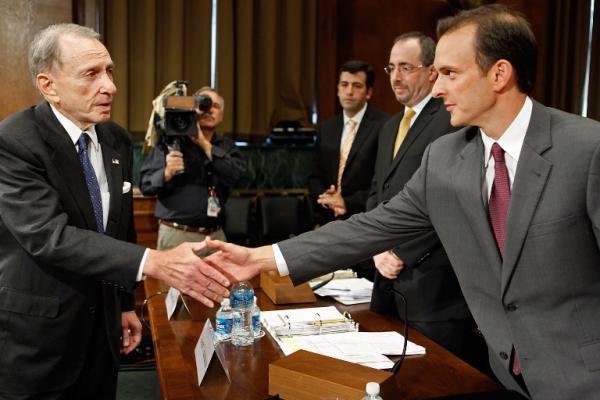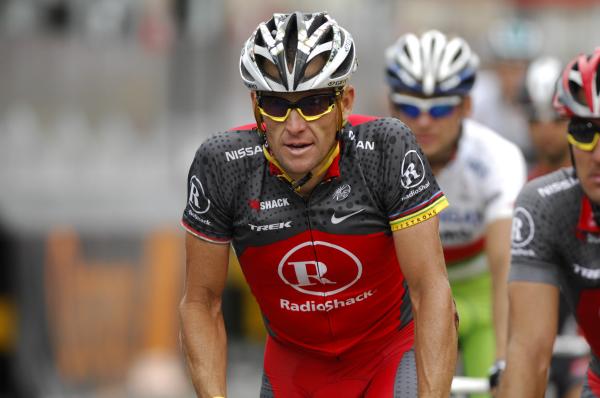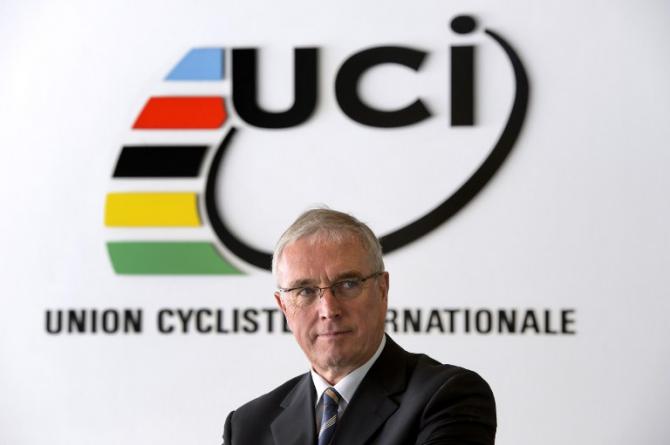Tygart says Armstrong has evidence of UCI complicity
USADA chief wants the information



Travis Tygart, the CEO of the US Anti-Doping Agency, believes that Lance Armstrong has evidence that the UCI was complicit in covering up his doping, and wants him to come forward with that information.
McQuaid: Armstrong affair will not affect cycling
Two Armstrong doping controls at 2001 Tour de Suisse suspicious but not positive, UCI says
Report: Further suspect samples for Armstrong in 1999 Tour
UCI releases "full facts" on Armstrong's 1999 Tour de France doping controls
US Justice Department file complaint in Armstrong whistleblower lawsuit
"Armstrong led us to believe -- during the course of our interaction with him -- that he had evidence of their complicity in this situation," Tygart told the Associated Press.
Tygart made the statements from Paris, where he spoke before a French Senate investigation committee on doping. In his speech, he followed points that USADA made in its reasoned decision on the case of Armstrong and his fellow doping defendants: Johan Bruyneel, Michele Ferrari, Pedro Celaya, Jose "Pepe" Martí and Luis Garica del Moral, which accused the UCI of having failed to act to combat doping, stating today that the UCI continues to stall on any decisive action.
"The only decisive action came a few weeks later when UCI disbanded the established independent commission when it actually started to act independently by taking off the handcuffs and removing the blindfolds that the UCI had placed on it from the onset," Tygart said, according to Reuters.
"The UCI's current strategy is to play a stall game, let the cycling season start, let another Tour de France occur, let another six months go by and people will forget," he said. "Stall or delay yourself out of the problem."
The UCI most recently defended itself from accusations of covering up positive drug tests by Armstrong, first stating that samples from the 2001 Tour de Suisse were only suspicious but did not meet the threshold for an adverse analytical finding, and then revealing that results which Armstrong returned in the 1999 Tour de France that showed evidence of cortisone use were "consistent with a topical cream", even though testimony from former soigneur Emma O'Reilly stated the cortisone in his system came from an injection prior to the Tour.
Armstrong admitted to doping during his career earlier this year in an interview with Oprah Winfrey, but did not give any details of when he used cortisone. He is currently facing a lawsuit in the US Federal courts over misuse of US Postal Service sponsorship funds for doping.
Get The Leadout Newsletter
The latest race content, interviews, features, reviews and expert buying guides, direct to your inbox!